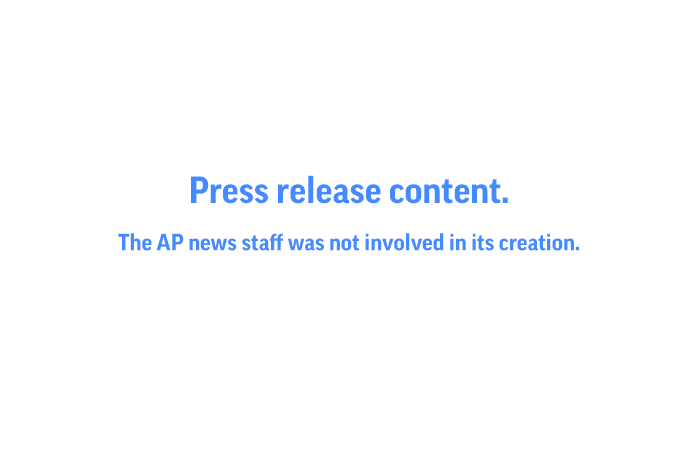All-New Security Program and Hacking Mitigation Plans to Fight Impersonators
Press release content from MarketersMEDIA. The AP news staff was not involved in its creation.
Las Vegas, NV, United States – July 23, 2022 —
The American Sweepstakes Network has administered and implemented contests, game promotions, and sweepstakes for the U.S.A.’s biggest marketers for over 30 years. The team’s experience is simply uncopiable — although, some have tried. With the rise of fraudsters attempting to impersonate companies and scam customers, the company has tightened its cybersecurity belts and implemented brand-new hacking mitigation plans to keep clients safe.
From enhancing the verification system to staying on top of PCI regulations, The American Sweepstakes Network is more secure than ever before.
Fraud Prevention and Instant Code Verification
Sweepstakes fraud isn’t new, but as the world becomes ever digital, it’s common to see an alarming increase in dishonorable companies.
Red flags like Greendot Cards and MoneyGram should always be avoided, and The American Sweepstakes Network has made it its core mission to ensure customers report any of these transaction requests to the US Fraud Report database ww.usfraudreport.com and or directly to our legal department.
Additionally, the team has included an instant code verification system to further enhance its ongoing cybersecurity efforts. If you’ve received a claim code that allegedly identifies you as a prize winner, simply input the number and hit “Verify.”
The Company-Wide Hacking Mitigation Plan
Company impersonators and computer hacking go hand-in-hand. While many have fallen prey to several cyberattacks, the team is committed to enhancing security and protection and thus offering a new lease of life.
By employing an effective hacking mitigation plan, users can rest easy knowing their sensitive information is safe.
The American Sweepstakes Network began by conducting a risk assessment, acknowledging the vulnerabilities that allowed unauthorized individuals into the system.
Identification led to fixing the common vulnerabilities before trying to tackle the more complex problems through…




